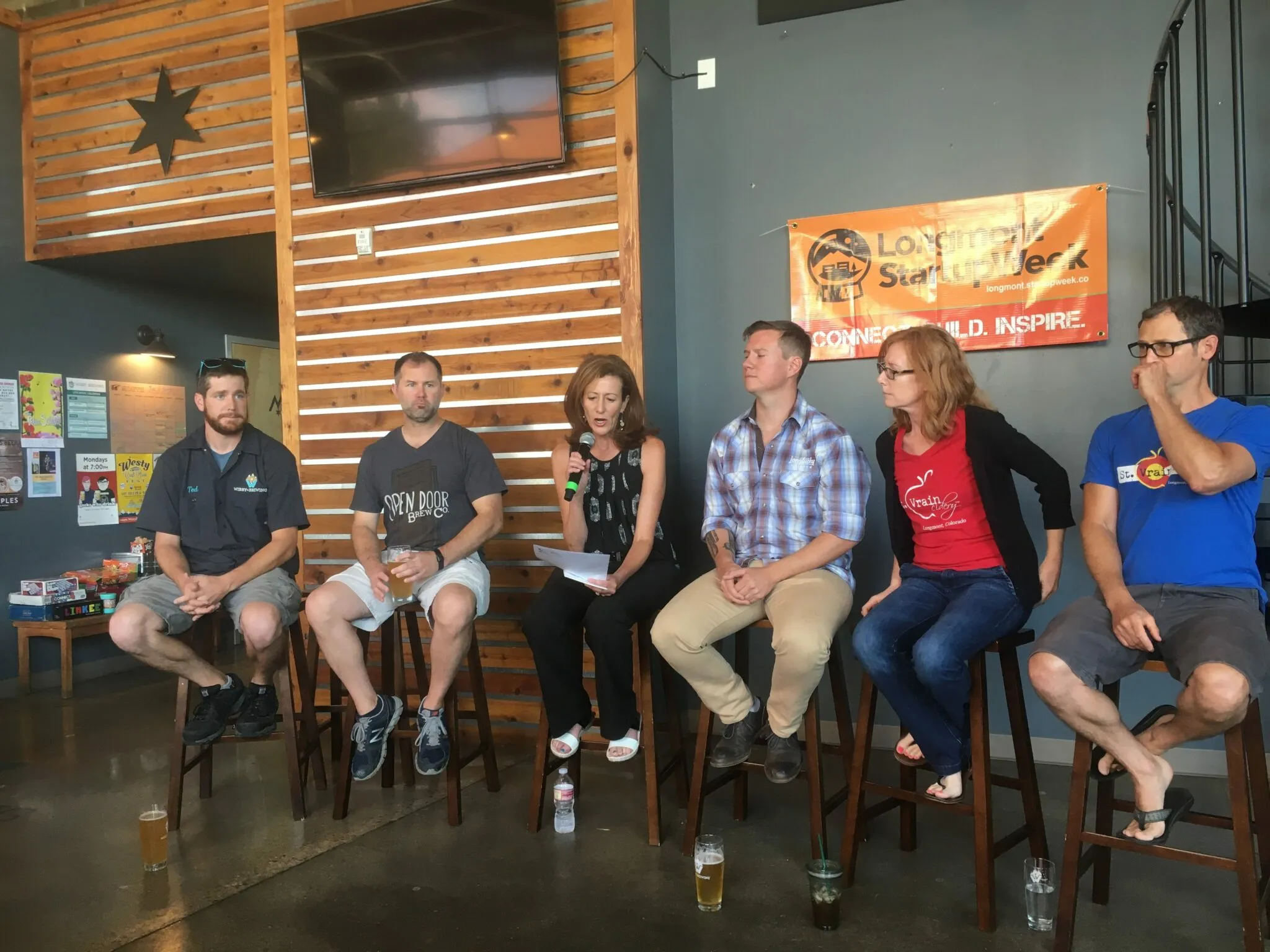What craft brewers in Longmont want you to know about breaking into the industry

LONGMONT — In the city that houses brewery giants such as Oskar Blues Brewery and Left Hand Brewing Co., a panel of early-stage craft alcohol entrepreneurs gave advice on how to start in the craft-brewery industry.
The “So you want to start a brewery?” panel at Wibby Brewing featured five panelists — two from breweries, one from a distillery and two from a cidery — discussing funding, return on investment and the business plans needed to get started in Colorado’s competitive craft-brewing field.
Despite that competition — the Brewers Association put the number of…
THIS ARTICLE IS FOR SUBSCRIBERS ONLY
Continue reading for less than $3 per week!
Get a month of award-winning local business news, trends and insights
Access award-winning content today!
